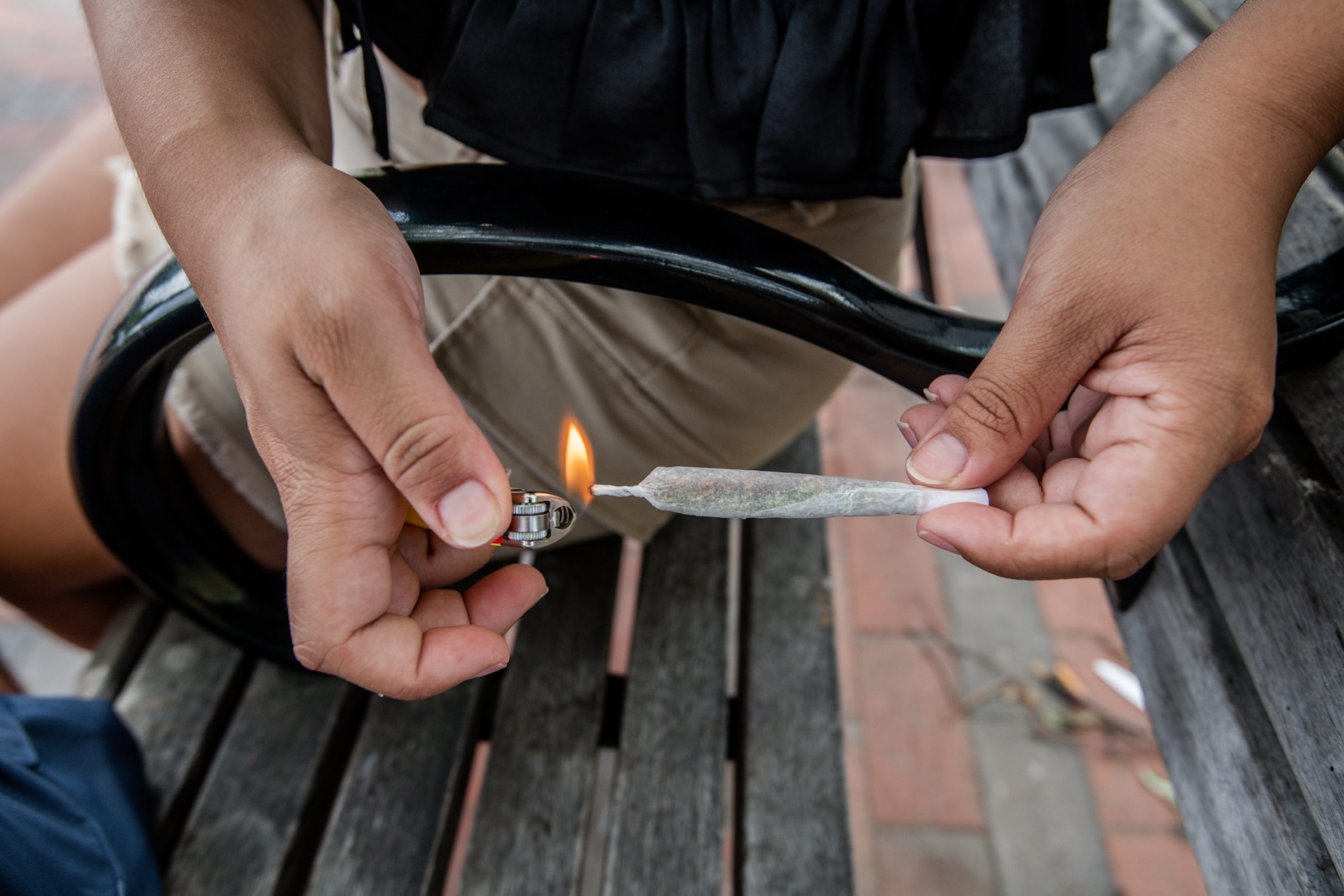Introduction
As more people seek alternative solutions for better sleep, many have turned to cannabidiol (CBD) as a potential aid.
CBD is a non-intoxicating compound found in the cannabis plant, known for its various health benefits, including reducing anxiety and pain.
With sleep disorders on the rise, it is no wonder that people are exploring CBD as a natural remedy to help them fall asleep faster and stay asleep longer.
In this article, we will explore the potential of CBD as a sleep aid, including its benefits, how it works, and the risks associated with using CBD for sleep.
Main Section
The Science Behind CBD and Sleep
While research on the effects of CBD on sleep is still in its early stages, many studies have shown promising results.
One study published in the Permanente Journal found that 66.7% of participants experienced improved sleep after taking CBD, with no significant side effects reported.
Another study published in the Journal of Clinical Pharmacology found that CBD helped improve sleep quality and reduced the frequency of nightmares in patients with post-traumatic stress disorder (PTSD).
One way that CBD may help improve sleep is by reducing anxiety and stress levels, which are common culprits of insomnia.
CBD interacts with the body’s endocannabinoid system, which regulates a range of functions, including sleep and mood.
CBD binds to receptors in the brain that regulate anxiety and stress, reducing their levels and promoting relaxation.
How to Use CBD for Sleep
There are various ways to incorporate CBD into your sleep routine.
One popular method is through CBD oil or tinctures, which are taken orally and absorbed into the bloodstream.
CBD gummies, capsules, and edibles are also available and offer a convenient way to consume CBD.
Another way to use CBD for sleep is through topical creams or lotions, which can be applied to the skin and absorbed into the bloodstream.
Topical CBD products are popular among people with chronic pain or inflammation who want to target specific areas of the body.
When using CBD for sleep, it is best to start with a low dose and gradually increase it until you find the right dosage for your needs.
It is also essential to consult with your healthcare provider before using CBD, especially if you are on any medications or have any underlying medical conditions.
Risks and Side Effects of Using CBD for Sleep
While CBD is generally considered safe, it can cause side effects in some people.
Common side effects of CBD include drowsiness, dry mouth, and changes in appetite or mood.
CBD can also interact with certain medications, so it is crucial to speak with your healthcare provider before using CBD.
It is also important to note that CBD is not regulated by the U.S. Food and Drug Administration (FDA), and many CBD products may contain inaccurate labeling or incorrect dosages.
It is essential to purchase CBD from reputable brands and to read product labels carefully to ensure you are getting a high-quality product.
Conclusion
In conclusion, CBD shows promising potential as a natural remedy for sleep disorders.
While research is still in its early stages, studies have shown that CBD can help improve sleep quality and reduce anxiety and stress levels, which are common culprits of insomnia.
If you are considering using CBD for sleep, it is essential to speak with your healthcare provider and to purchase high-quality CBD products from reputable brands.
FAQ
What is CBD?
CBD is a non-intoxicating compound found in the cannabis plant. It is known for its various health benefits, including reducing anxiety and pain.
Does CBD make you high?
No, CBD does not make you high. Unlike tetrahydrocannabinol (THC), another compound found in the cannabis plant, CBD is non-intoxicating and does not produce a high.
Can CBD help with other sleep disorders besides insomnia?
While research on CBD and sleep is still in its early stages, studies have shown that CBD may help improve sleep quality in individuals with post-traumatic stress disorder (PTSD) who experience nightmares.
How long does it take for CBD to work for sleep?
The time it takes for CBD to work varies depending on the individual and the method of consumption.
When taken orally, CBD can take up to an hour to take effect.
When used topically, the effects of CBD may be felt more quickly.
Is it safe to use CBD with other medications?
CBD can interact with certain medications, so it is crucial to speak with your healthcare provider before using CBD, especially if you are on any medications or have any underlying medical conditions.
Can you overdose on CBD?
While CBD is generally considered safe, it is possible to overdose on CBD. Symptoms of CBD overdose include nausea, dizziness, and fatigue.
It is essential to follow dosing instructions carefully and to speak with your healthcare provider before using CBD.
I am a CBD enthusiast and creator of DJ Hemp who has made it my mission to enlighten the world about the cannabis industry through thought-provoking literary works.
I have successfully fostered an open-minded, inquisitive community that is eager to learn more about the potential benefits of CBD.
Contact me at [email protected] for assistance.





